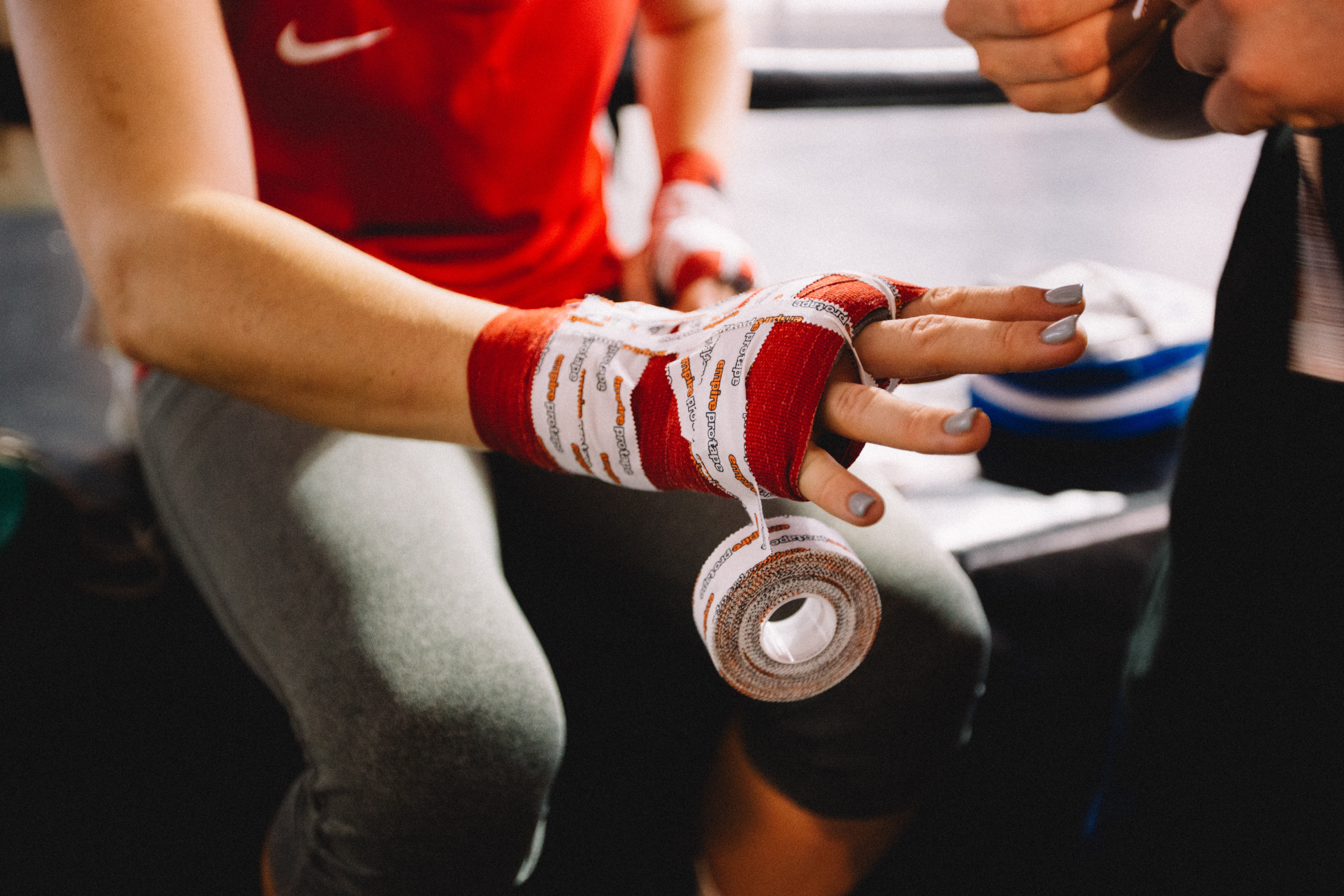In our final foray into the drama triangle we looking at the Persecutor. You know, I sometimes say to my friends, when it comes to kids/coaching (similar skillset!) I occasionally have to play the bad guy. By which I mean I have to make the difficult decision or challenge someone’s behaviour. But playing the bad guy (Persecutor) in the drama triangle is different. Remember that when we’re caught up in the drama triangle we are doing so in order to manipulate the situation and get what we want out of it.
The Persecutor often uses righteous indignation to pile on the guilt and shame on to others, thereby seemingly feeling in control of the situation and clearing their own name. The good news is that we try and avoid this role unless we need to vent our anger; in those instances, we feel justified to express and release the feelings of anger. It’s important to note that some of these feelings may be repressed from previous situations and not actually related to the here and now.
So I talked in a previous post of my Rescuer tendencies. One of the downsides to playing the Rescuer is that it eventually becomes overwhelming as I leave no space to refill my own cup. Then I am able to play the Victim – feeling sorry for myself, telling myself that no-one appreciates me. That leaves me feeling resentful and angry and soon I am snapping at my partner or going overboard with the girls, you guessed it, playing the Persecutor.
How a Persecutor might behave
When the other person gets defensive and angry in return, then the Persecutor is able to play the Victim in return, like the school bully who has been caught out. The Persecutor may also play the Victim when it all calms down and they feel guilty about ‘attacking’ someone who is (perceived to be) weak and helpless.
Things the Persecutor might do:
- Blame/bully others
- Be overly controlling
- Criticise the action of others
- Provoke drama
- Express justified and righteous anger
Persecutors fear a loss of control
It is very difficult for people to believe the simple fact that every Persecutor was once a Victim. Those who see themselves as special, powerful and entitled to dominate others typically play the Persecutor role. They may appear powerful on the outside but inside they often feel weak and powerless. Persecutors use the role to cover up their fears of failure. They are often envious of Victims because they can see the Victim getting what they want and the Persecutor hopes they can bully others into giving them what they need. Persecutors are often ashamed to be seen as vulnerable and needy and they suffer from a similar kind of learned helplessness as the Victim because they believe they must manipulate others to get special treatment.
Playing the bad guy with yourself
Now you might not play the Persecutor with other people, but you might play it internally with yourself. So for example, you might judge your own self-sabotaging or call yourself lazy, incompetent or useless. You end up persecuting yourself. I always imagine the little devil on one shoulder playing the bad guy and a little angel on the other playing the Rescuer and the owner of the shoulders playing the Victim!
Stop playing the bad guy
Although no one likes to admit to being a Persecutor, if anger is your go-to emotion when things go wrong, you’re probably operating in that role. In reality, the anger is just a mask for underlying fear, shame, and powerlessness. Sadly, adult Persecutors were often Victims as children. There are no good guys and bad guys in the Drama Triangle; everyone loses.
In order to stop this behaviour, one first needs to recognise it. In my own case, I realised that anger was my go-to emotion and so I sought support and therapy to help me understand my own triggers and traumas. Then I had to actively want to stop playing the game. My Persecutor tendencies weren’t deliberate, they were unresolved issues from my past overspilling because I could no longer keep them in. Once I was able to notice them and treated them with kindness, they pretty much stopped. This wasn’t a quick process!
If I find myself blaming or criticizing others I try and take notice. I wonder what is happening and I apologise and take responsibility if I am in the wrong. Just as it was for stopping playing the Victim, here too, as the Persecutor we must take responsibility for our own actions and feelings, ask explicitly for what we want and stop blaming others for our own choices. Remember that no-one else can control our feelings and actions, just as we are powerless to control anyone else’s. If another person does something we don’t like, we say or do something about it. We acknowledge that we are choosing how we respond, emotionally and behaviorally, without blaming the other person for causing our feelings and actions.

